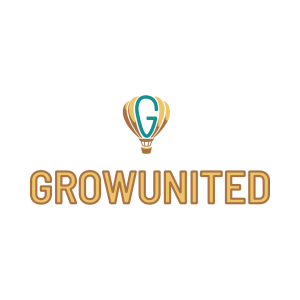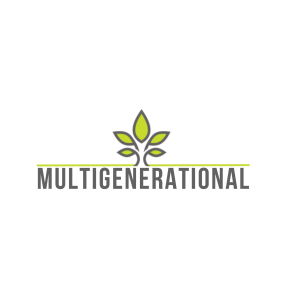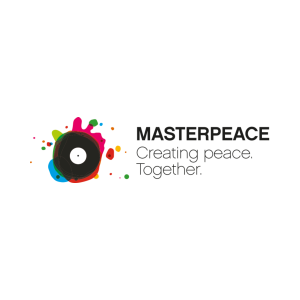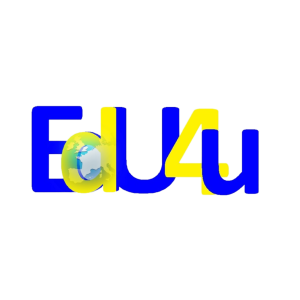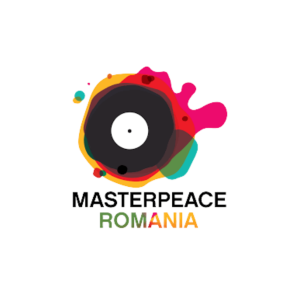
“ACT! As a Doughnut” is a non-formal education program that aims to encourage young people to actively participate in their local community and help create a sustainable future based on shared EU values. This pilot has been implemented by five partnering countries, namely the Netherlands, Germany, Poland, Romania, and Slovakia.
The acronym “ACT!” stands for “Artists Create Together” because everyone has talent and is an artist in their own sense. It also stands for “action” because we must take action to solve problems. We cannot wait for governments and diplomats to solve problems for us.
The “Act! As a Doughnut” program is based on Kate Raworth’s Doughnut Economics, which is a new way of thinking about cities as thriving and sustainable places to live and grow. The program was built as a journey with seventeen stops, which are workshops for young people. Every stop is a lesson that brings them closer to understanding their own role in the local community and their strength to change their city.
The journey starts with helping participants understand their own values, talents, and strengths, followed by lessons on the importance of Sustainable Development Goals – both global and local, basics of Doughnut Economics, and Artivism. The program aims to give the participants tools to become changemakers on their own.
In the final leg of the journey, participants invent, plan and implement their own community project, and share their experiences with youth from partner groups in the five countries. In the last act of their journey, young people discuss among themselves what local problems are most important to them, and what requires immediate action. Based on their discussions, they prepare Manifestos and submit them to representatives of local authorities.
We are giving you – the teachers, youth workers, educators – a toolkit ready to use to work with youth.
The open-source materials we created are versatile and can be utilised both in a classroom setting as part of regular educational activities, as well as outside of school as extra-curricular activities. We have designed it as a journey that takes participants through progressively more challenging and creative tasks.
Doughnut Path was created in frames of ACT! as a Doughnut project

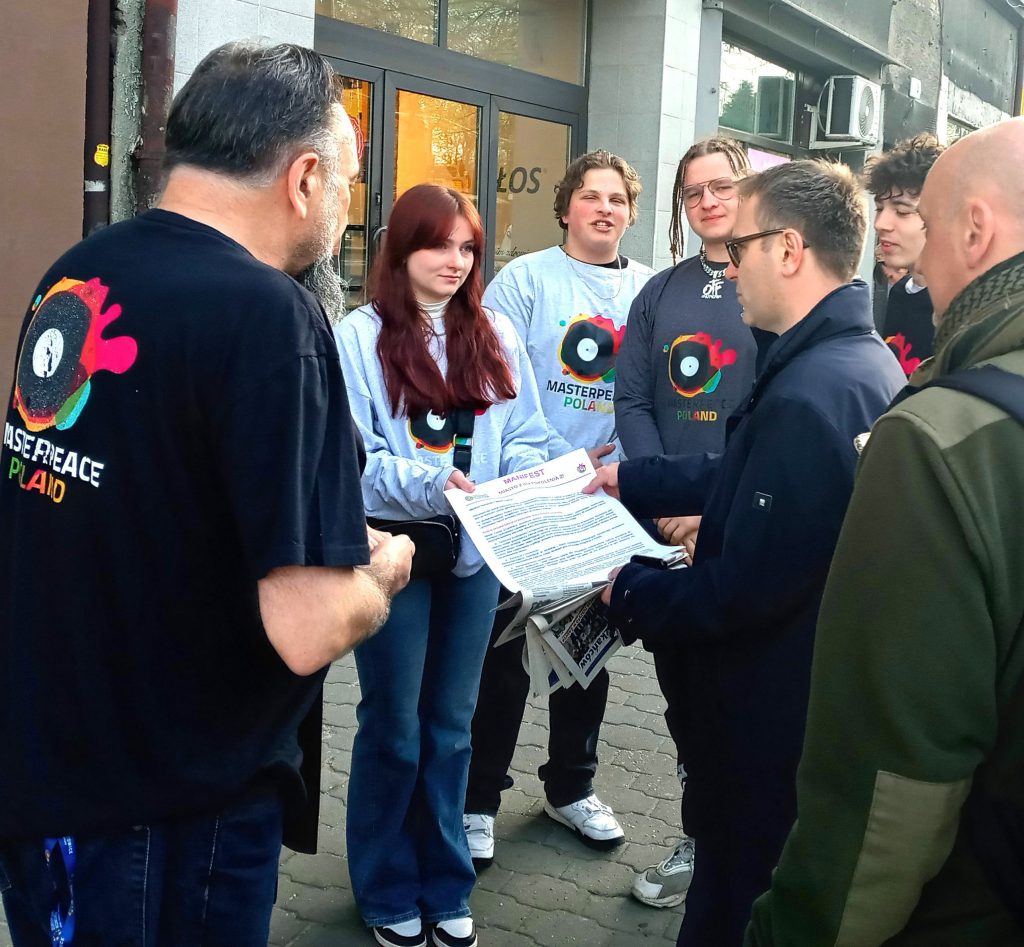
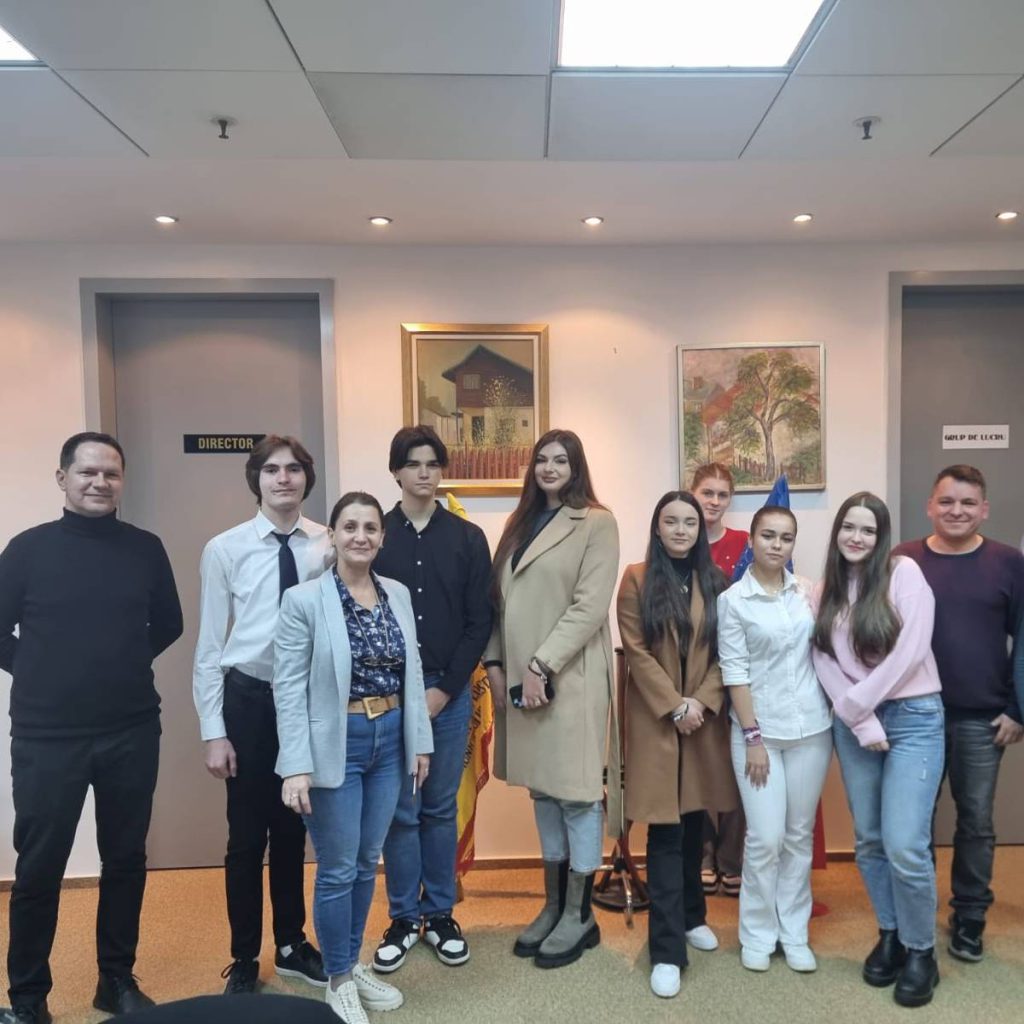

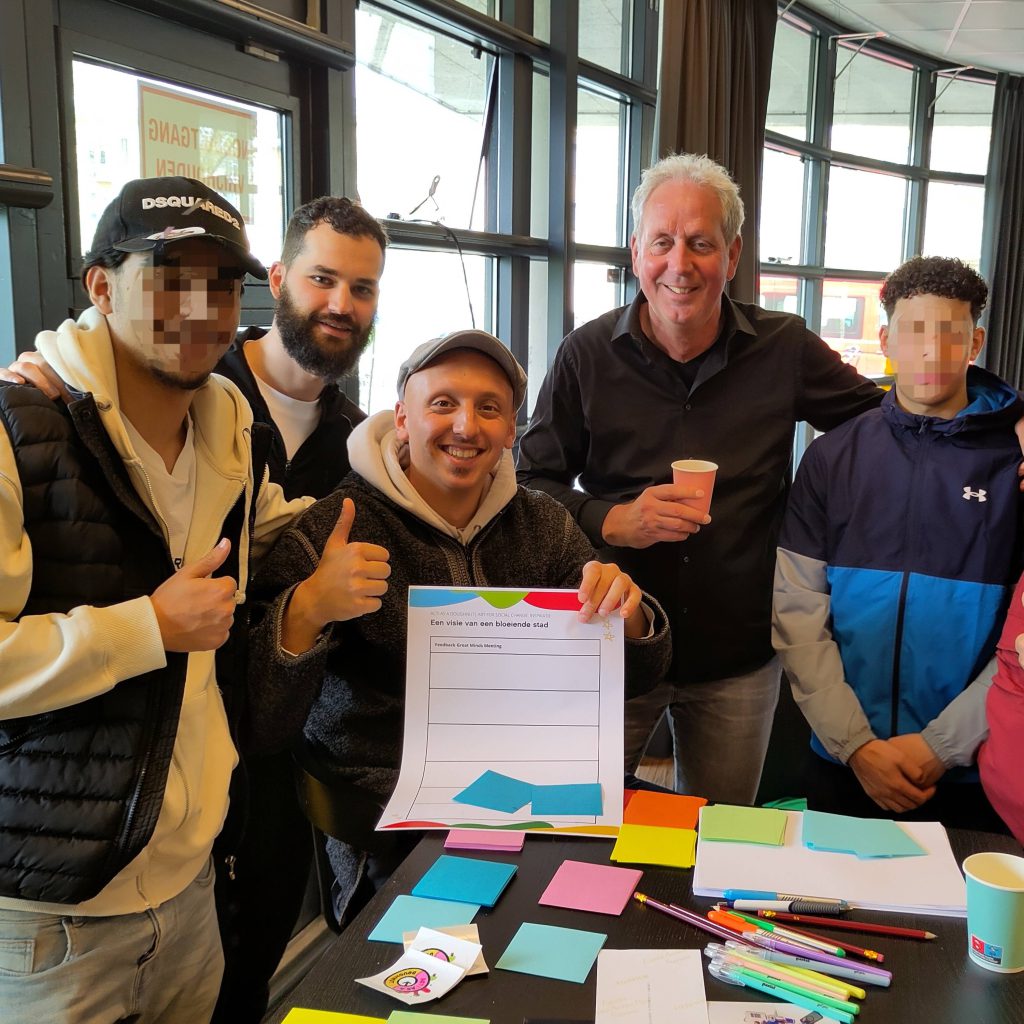
MOU
MOU’s
A Memorandum of Understanding, also known as a “Manifesto,” is the final step of our journey. Our participants went through a process of learning about SDGs and Doughnut economics, connecting that knowledge to their local realities, and implementing their community projects. Finally, they prepared their Manifesto – a short written declaration that informs local government and members of the community about the most important, necessary, and urgent actions to be taken for their cities/regions to become thriving communities for all.
It was crucial to empower our youth to find their own voice, as the groups we worked with are often disengaged and uninvolved in local and global actions. We provided them with knowledge, tools, and opportunities for engagement, and they responded with thoughtful, honest expressions of their feelings, hopes, and expectations.
The last part of this journey was to ensure that the participants had the chance to meet and talk with local government representatives to present their manifestos and reach an agreement.
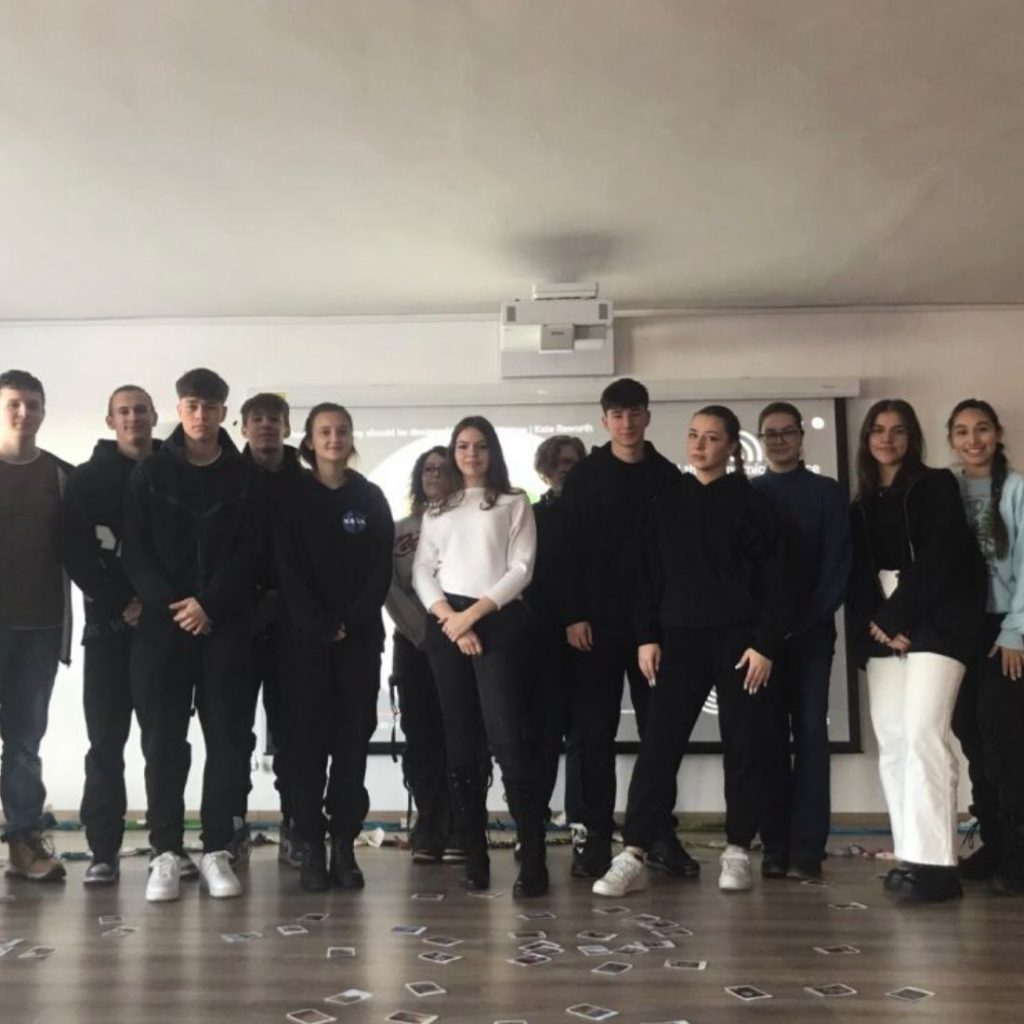
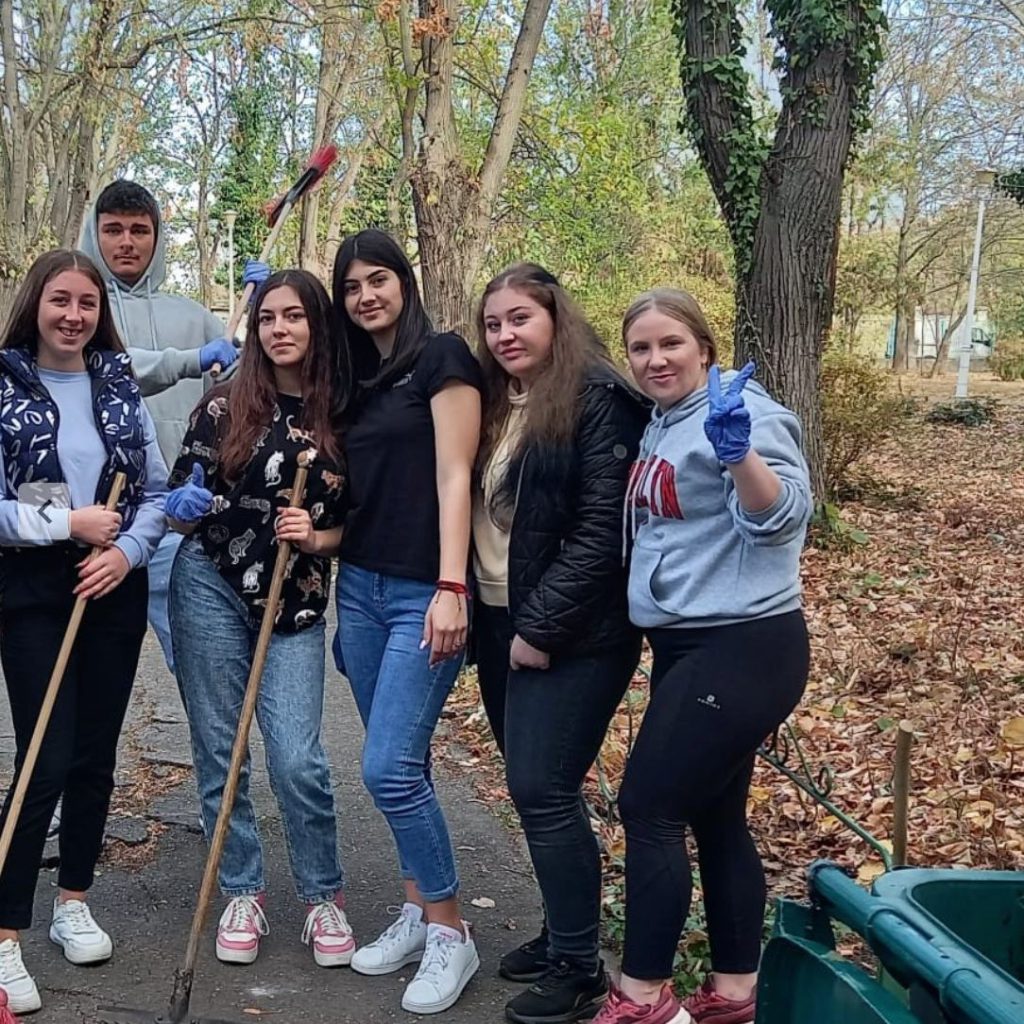



Comunity projects
COMMUNITY PROJECTS
Community projects were the most critical part of our project. It was the moment when our participants took matters into their own hands. Armed with the knowledge and tools & chose one of the five Doughnut topics: Empowered, Connected, Enabled, Healthy, and Ecological. Then, they adapted the Doughnut framework to their local realities and planned and implemented community projects.
To do this, they first identified a problem that was important to them as members of the community. Next, they looked for possible solutions, brainstormed individual ideas and chose the best one. They then made a brief presentation about the problem and suggested solutions. Finally, they attempted to implement the solution if it was possible.
These actions turn young people into changemakers, even if only on a small scale. By participating in such activities, young people gain a sense of agency and importance and are encouraged to become active community members.

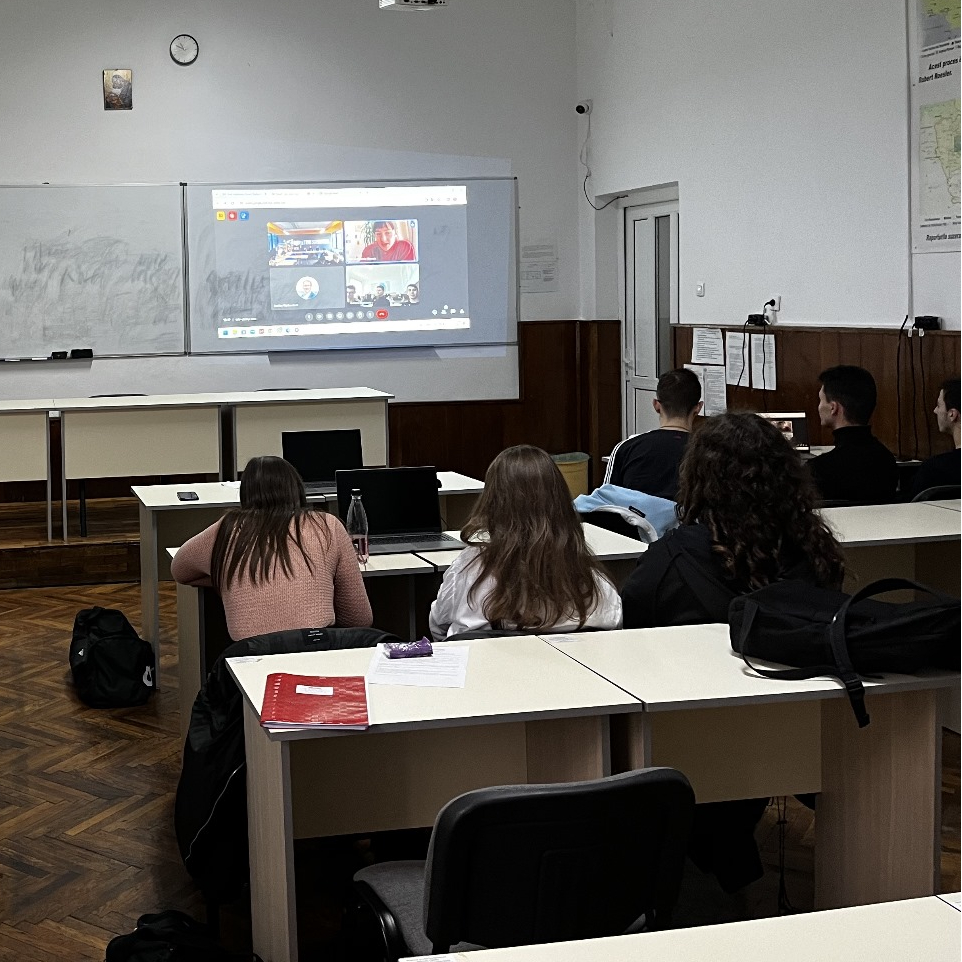

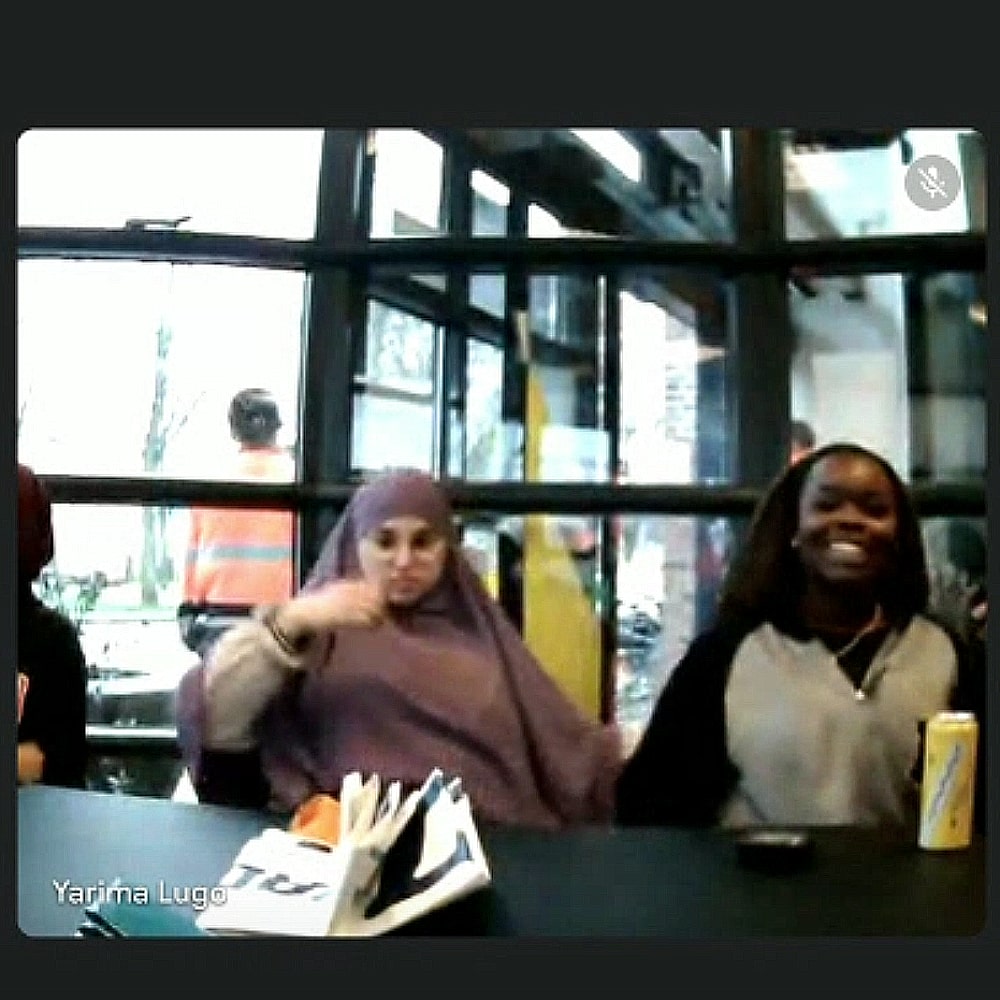

Relays
Relays provide a platform for young people from different countries to share their experiences with one another. During this exchange, they have the opportunity to discuss the challenges they face, offer support, and provide constructive criticism regarding their Manifestos. This feedback is essential before they present their Manifestos to local government representatives.
Relays are important because they allow young people to compare and contrast their experiences, ideas, and approaches to problems. They can discuss the burning issues their colleagues face in different parts of the world and explore the reasons behind their choices. These conversations can help young people identify possible solutions to common problems.
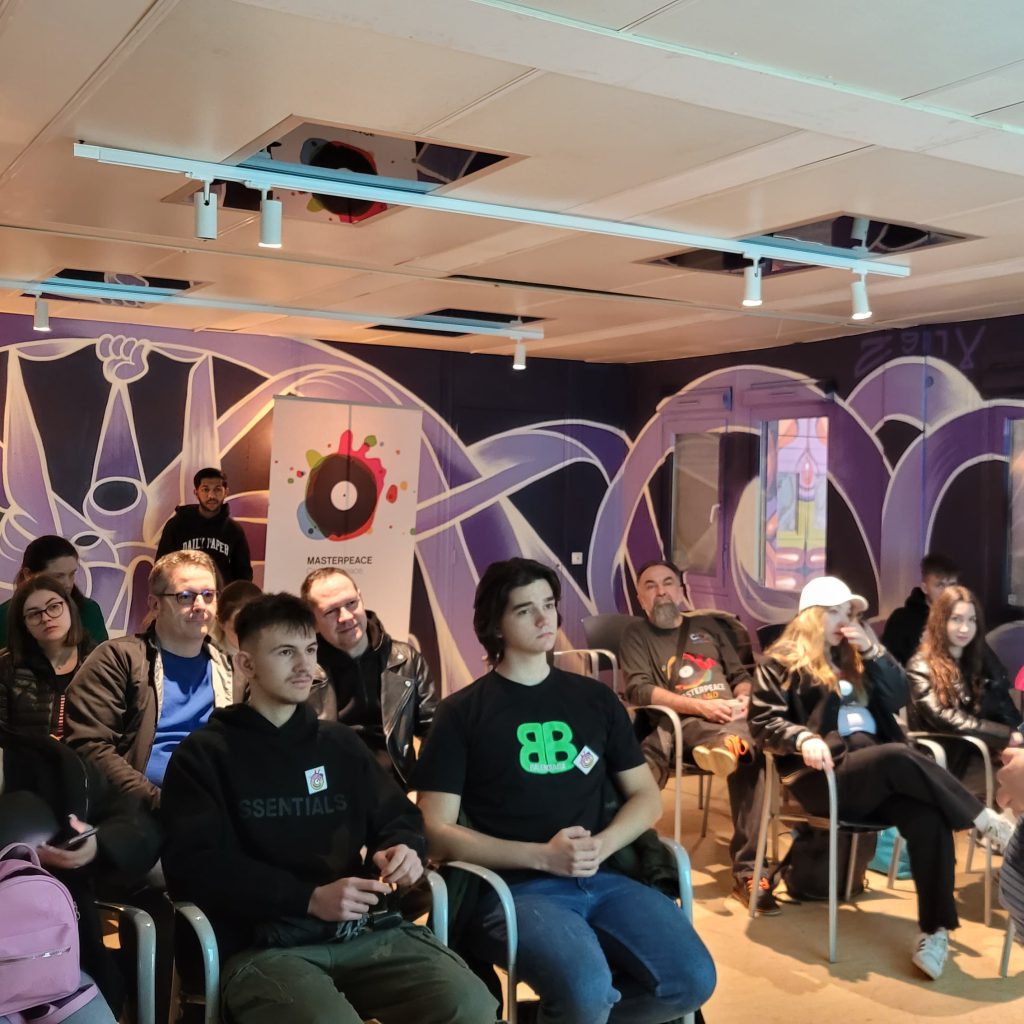
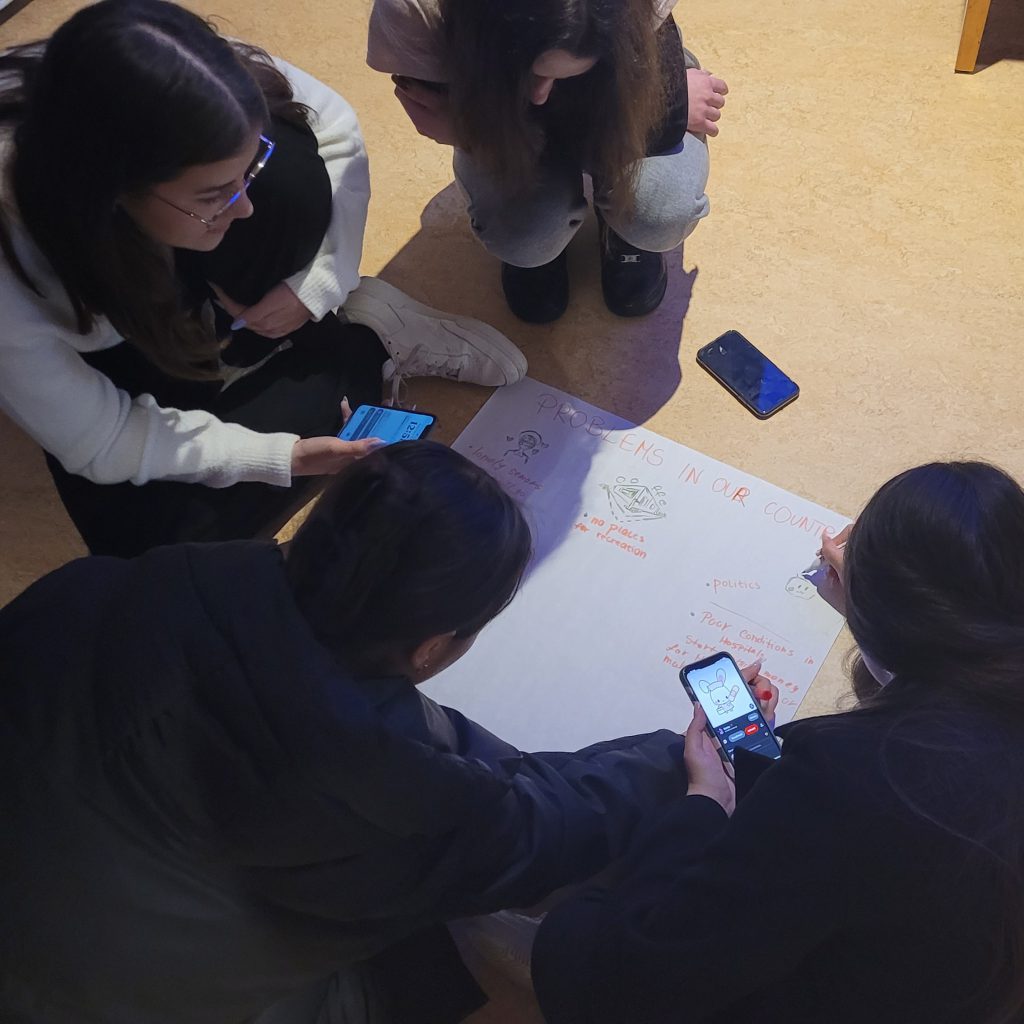
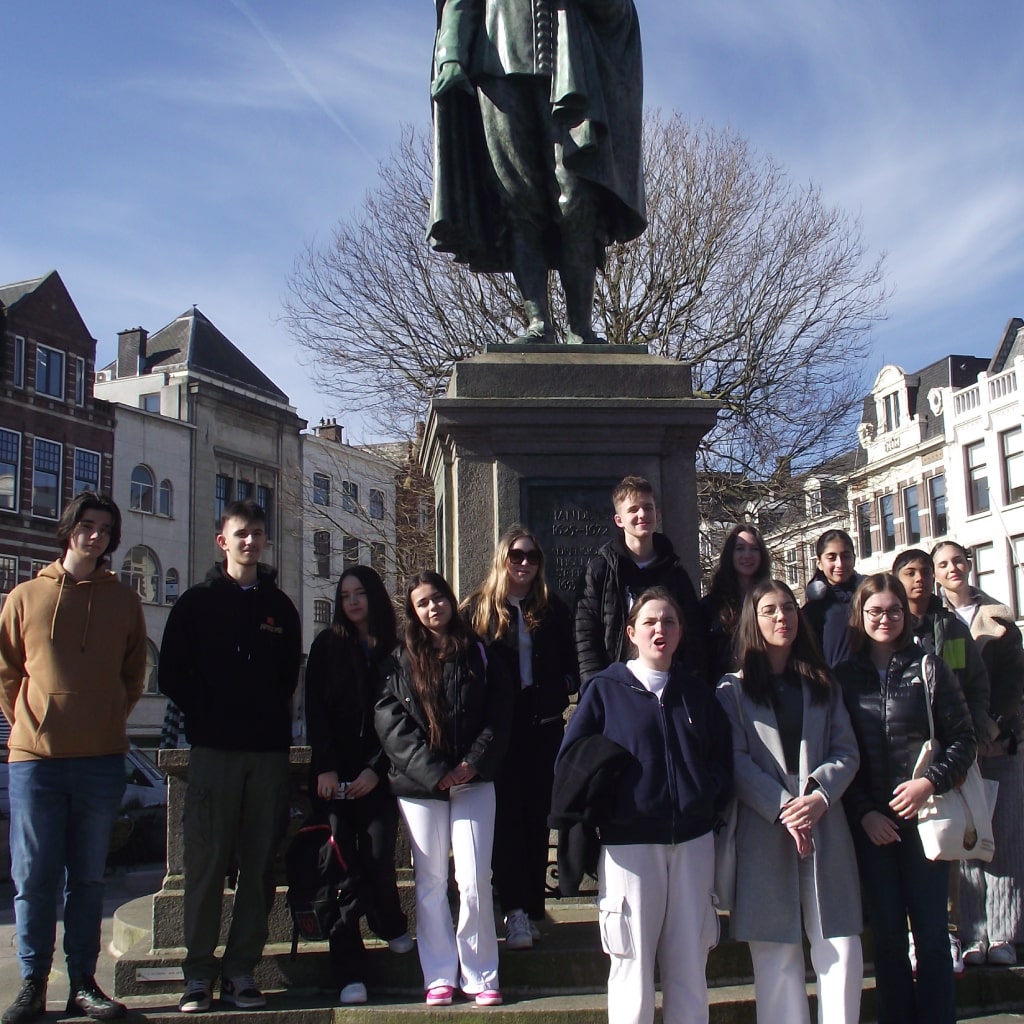
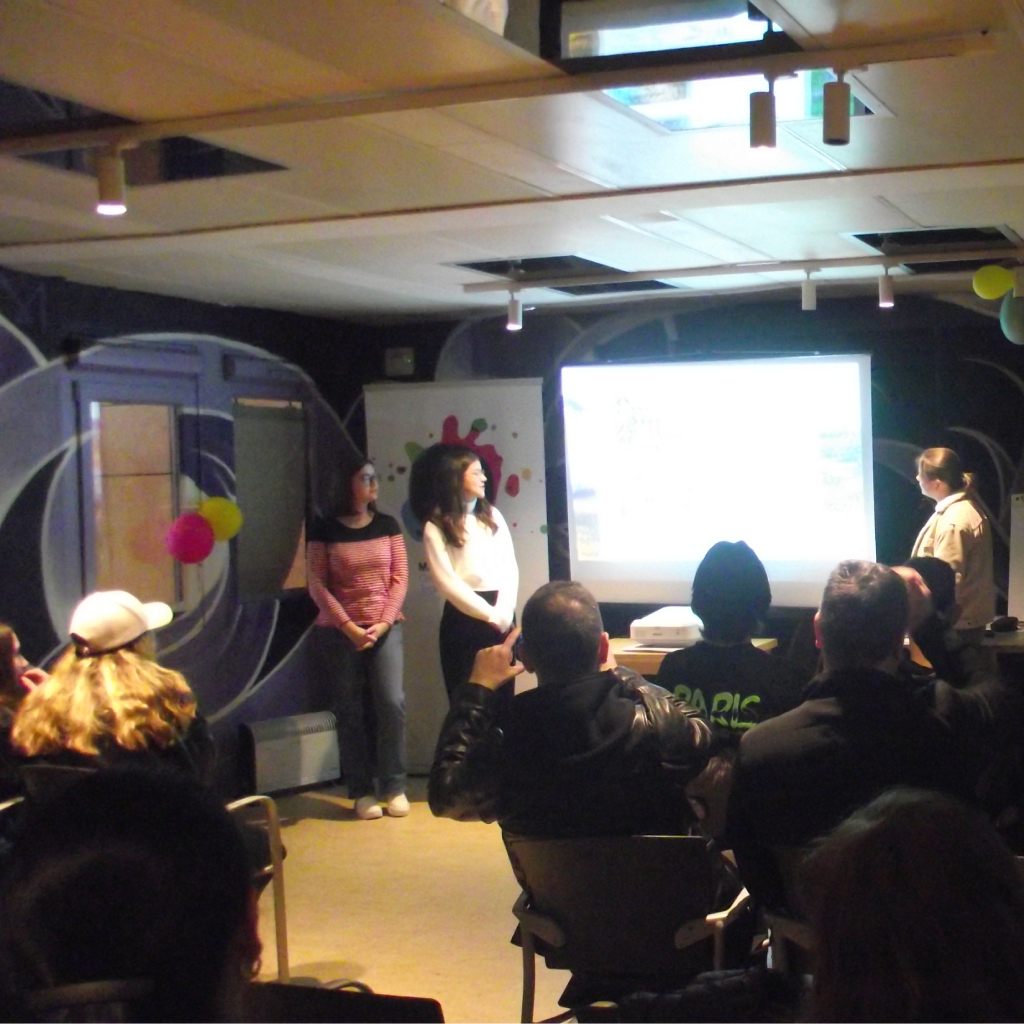
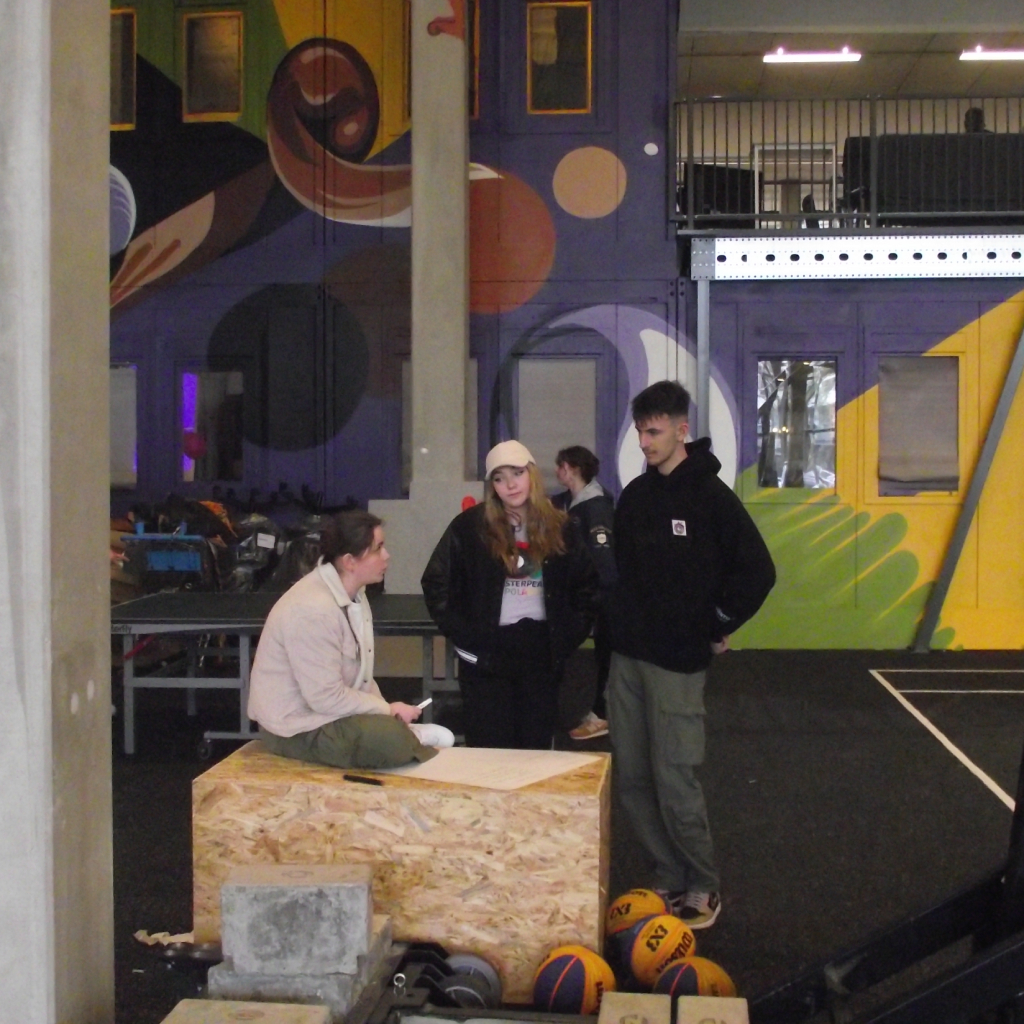
LTTAs
Learning, Teaching and Training Activities (LTTAs) provide opportunities for professionals to meet in person and enhance their skills, share experiences, and discuss challenges and differences. In the “ACT! As a Doughnut” project, two LTTAs were organized, one for teachers/youth workers and another for students.
During the teacher’s LTTA, participants discussed educational materials, methodologies, and approaches to the proposed activities. They had the chance to exchange ideas about the differences in education systems across different countries, refine the event calendar, and develop a plan for joint activities.
During the student’s LTTA, participants presented the outcomes of their work, shared their experiences, and discussed the project’s overall progress. It was an opportunity for them to meet their colleagues face-to-face and exchange both positive and negative experiences. They were also given new tasks, including discussing social projects and their manifestos, identifying common challenges, and suggesting possible solutions.

